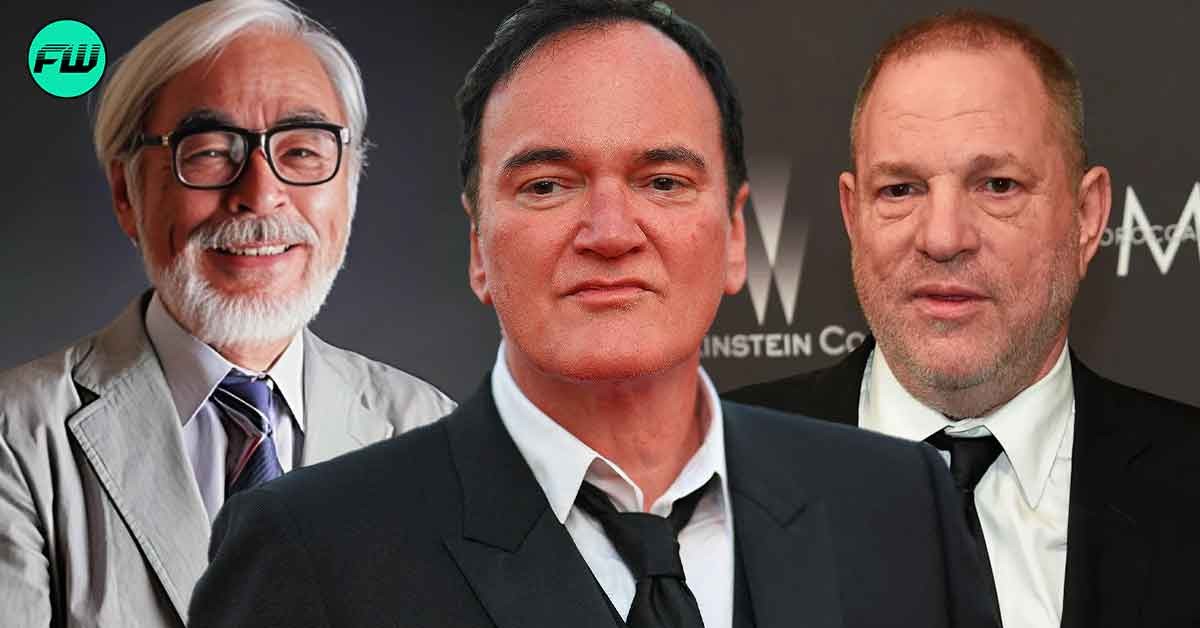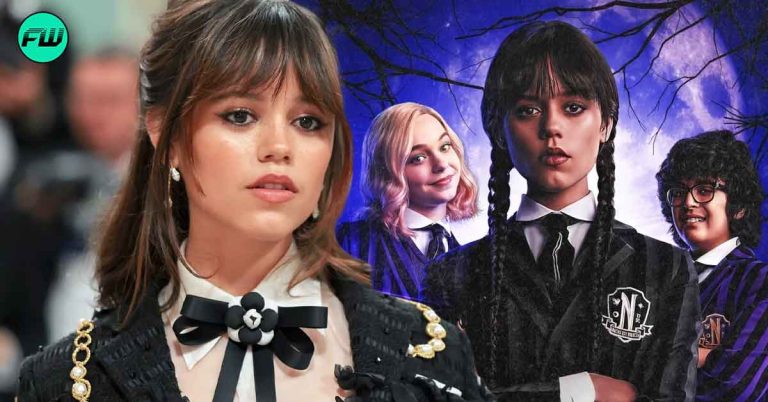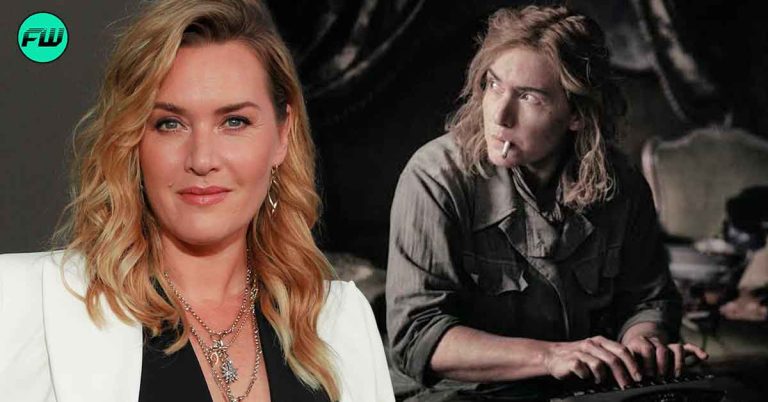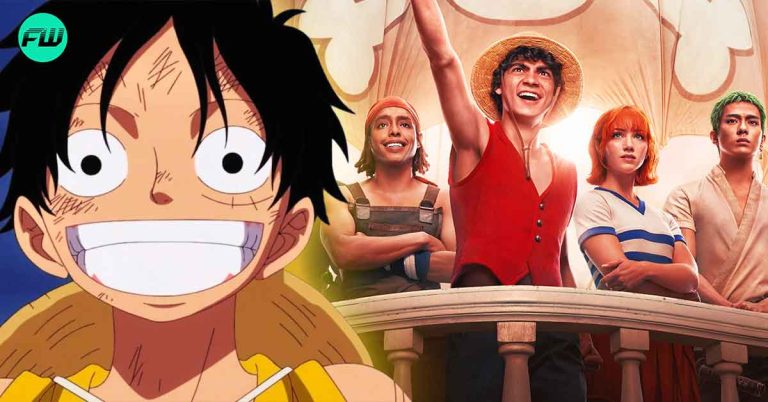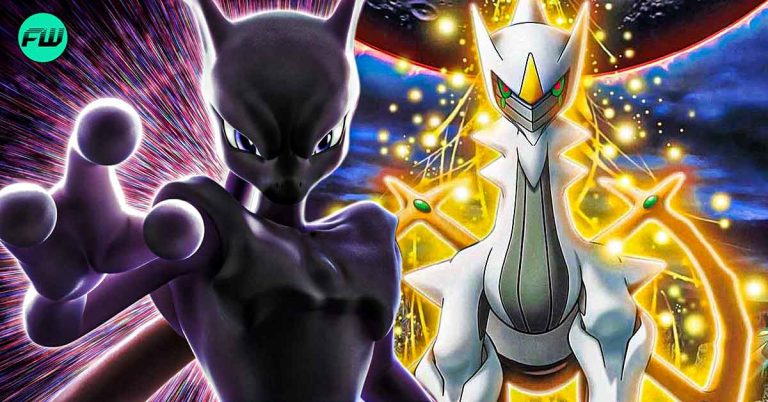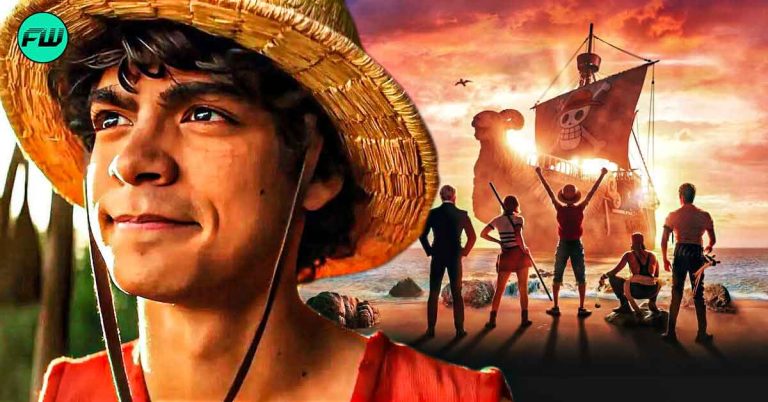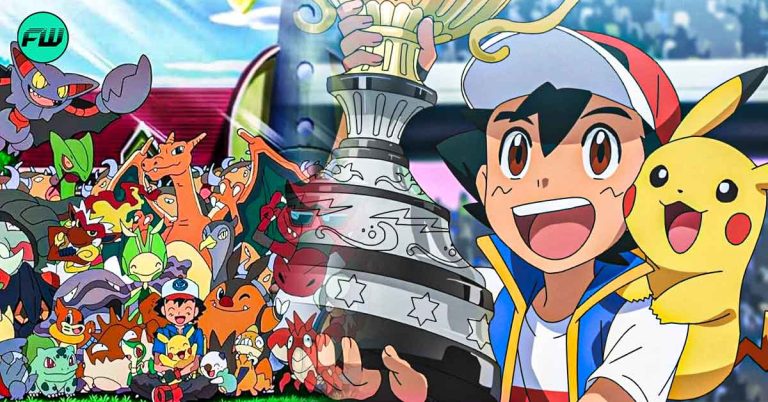Quentin Tarantino entered the movie industry with a bang with his 1992 film, Reservoir Dogs. He, then, went on to become one of the renowned and divisive filmmakers of the industry as he tends to possess distinct and out-of-the-box storytelling techniques that blend very well with modern pop culture. Despite several people imitating his style, he still is in a league of his own because of the tone and class, he showcases in his films.
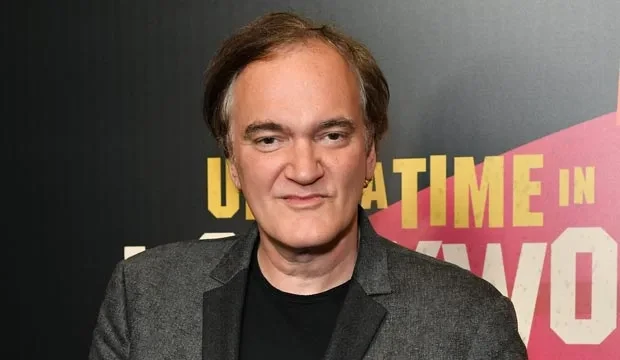
However, some people think that his movies are nothing but full of banter and violence, but all his films tend to have meticulous attention to it making his works survive the test of time. The True Romance writer has worked in various genres of films and he was once immensely close to working with Studio Ghibli, where Quentin Tarantino was meant to work for the English script of Princess Mononoke.
Quentin Tarantino Nearly Produced The English Version of Princess Mononoke
For a lot of people, Studio Ghibli’s Princess Mononoke would be the first film that they have watched by Hayao Miyazaki, and they would be impacted by the themes present in the 1997 film. The film was one of the best-animated works of Hayao Miyazaki but for the dubbed version of the film, Disney was in charge.

The company decided to work with the Miramax label, run by none other than Harvey Weinstein. The notorious film producer wanted Quentin Tarantino to write the English script for the film. However, the filmmaker turned down the offer but recommended Neil Gaiman for the work.
The Good Omens writer shared that he has spent countless hours translating the two songs from the original version of the film. However, when he continued with the script countless problems started arising due to the complicated process of translation.
“I’ve said, and not entirely in jest, that I probably spent as much time translating the two songs in ‘Mononoke’ as I did on the entire third draft of the script. You’re translating them with a set of problems that you really don’t have in the script.”
Moreover, in an excerpt from Steve Alpert, Studio Ghibli’s executive stated how Gaiman had received different sets of instructions from the two companies. Disney believed translation was the process that would allow them to make major changes to the film, leading to major problems and eventually deviating from the source material.

“One problem we hadn’t anticipated was that Disney would use the translations to “correct” perceived problems with the films themselves. To Disney, translation meant an opportunity to change all of the things that they didn’t think would appeal to a commercial audience in America. They filled silences with dialogue that wasn’t in the original script. They added plot points to fill out storylines they found unclear. They changed names to make them sound more American. And they made the kind of translation mistakes that review by a native speaker would have corrected.”
Providing different sets of instructions to Gaiman led to massive confusion, which ultimately led to a heated debate between the two companies. The debate came to an end when both parties agreed to follow a specific set of guidelines, and it was the first Studio Ghibli film that was made with these guidelines.
Quentin Tarantino’s Strange Request for His Film
Quentin Tarantino’s Kill Bill features some of the most bloodiest scenes in Hollywood. The constant bloody scenes were enjoyed immensely by the viewers as the revenge film turned into a $332 million saga. However, he has suffered immensely because creating the visual effects for blood was next to impossible.
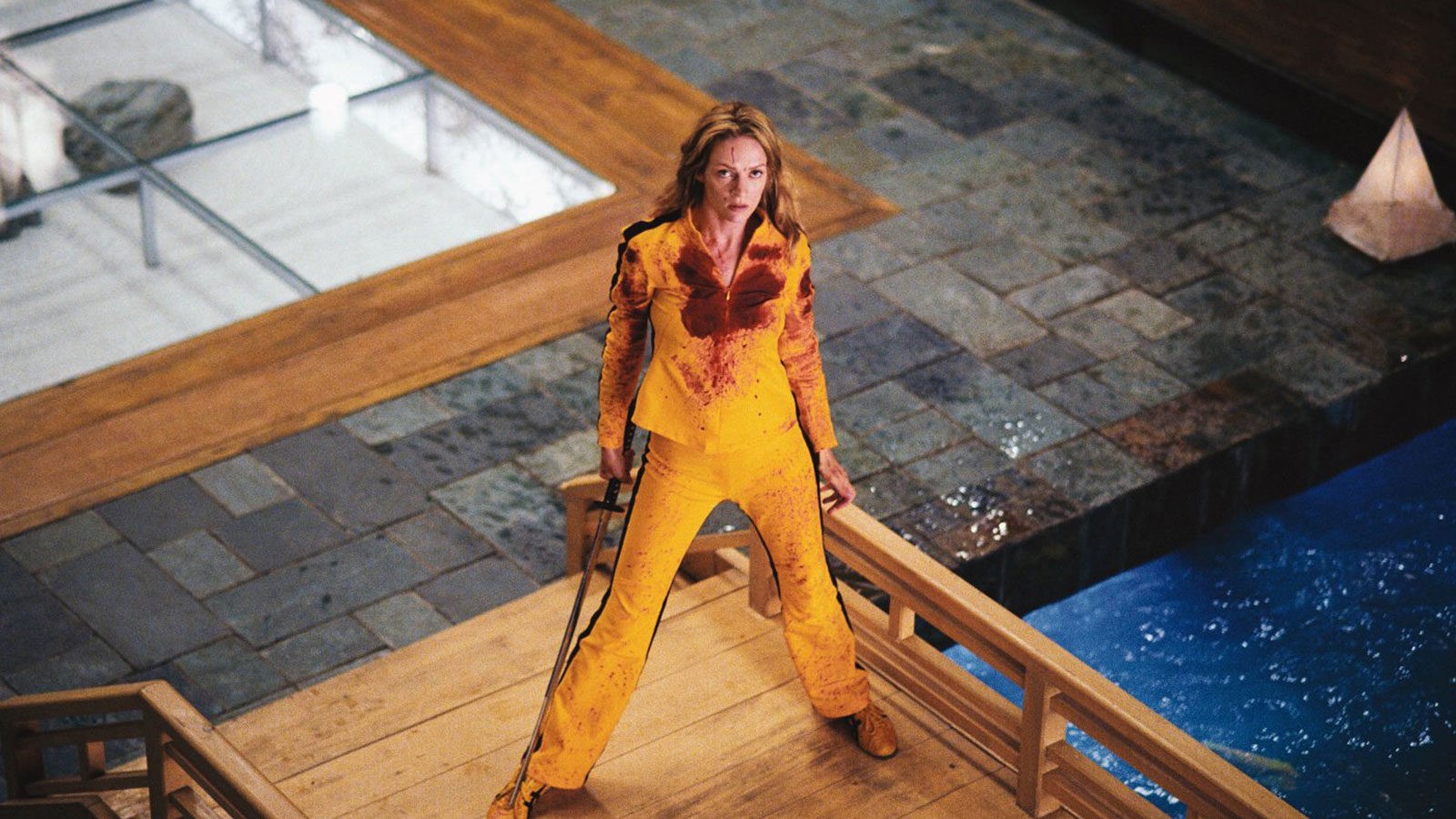
In 2003, during the ongoing shoot for Kill Bill: Volume 1, Quentin Tarantino made a strange demand. He decided to go old school and ordered to have gallons of fake blood to showcase the bloody scenes that would match the brutality of the scenes. But requesting for gallons of fake blood was not bizarre, as he demanded to have fake blood created 30 years earlier.
“I’m really particular about the blood, so we’re using a mixture depending on the scenes. You have to have this special kind of blood that you only see in Samurai movies.”
Though the request was odd, Quentin Tarantino’s hard work came to life as the film was loved by the viewers, becoming a box office hit, and receiving praises and accolades for his work.
Princess Mononoke can be streamed on Max.
Source: Sharing a House with the Never-Ending Man: 15 Years at Studio Ghibli

